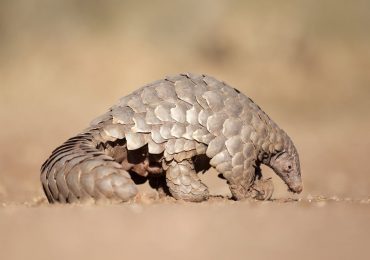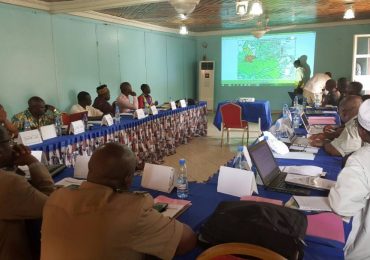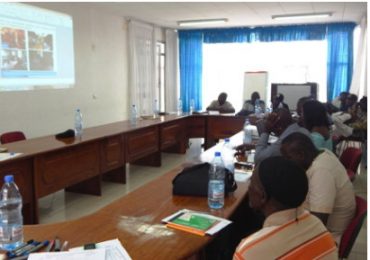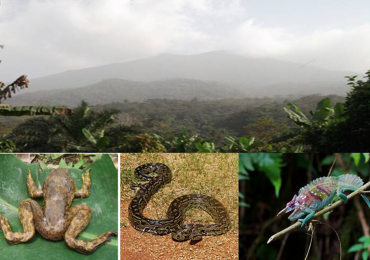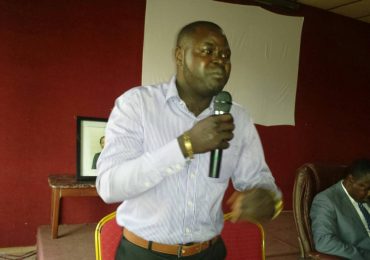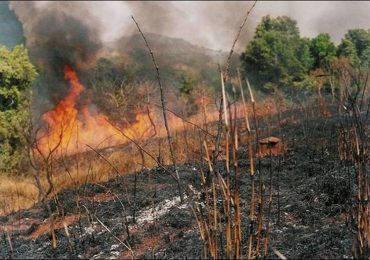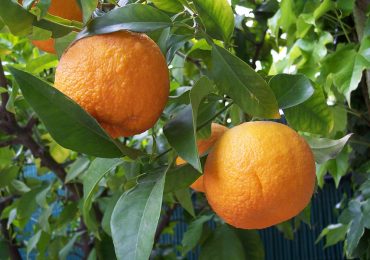Toxicologist, Prof. Herman Autrup, has said 2000 new synthetic chemicals enter the environment each year.
By Anu Nkeze Paul
The President of International Union of Toxicologists (IUTOX) and Head of Public Health Department, Institute of Environmental and Occupational Medicine, University of Aarhus, Denmark, was speaking recently the 4th Scientific Conference of Cameroon Society for Toxicology Sciences (CSTS) that took place, May 26-29, 2015 at the Djeuga Palace Hotel in Yaounde.
He called for government action to facilitate appropriate research for proposals to curb the effects of these agents on humans and the environment.
The conference held under the theme, “The Role of a Toxicologist in a World Inundated with Chemicals”.
Members of the Cameroon Society for Toxicology Sciences, International Society of Toxicology and experts on toxicology from the US, South Africa, Italy, Denmark, therefore, prescribed hand washing as a way to reduce risk of adverse affects of chemical agents.
The toxicologists brainstormed on ways through which the public could avoid the adverse effects of hundreds of natural and artificial chemicals in circulation in the environment, which humans interact with on a daily basis.
The representative of the Minister of Higher Education and Deputy Vice Chancellor in charge of Research, Cooperation and Relations with the Business World at the University of Buea, Prof. Fonkeng Epah George, reiterated the importance of the conference especially at a time when environmental degradation is a concern of the society.
He promised the continued support of the Ministry of Higher Education particularly in areas of research work for the benefit of the population.
According to the representative of the Ministry of Environment, Nature Protection and Sustainable Development (MINEPDED), the symposium was very timely for toxicology experts to examine and expose environmental threats can be controlled by the population.
He urged the participants to transmit the recommendations for application by MINEPDED, and added that Cameroon has signed several international conventions concerning control, use and disposal of chemicals, but regretted that some of these conventions are not yet fully applied because of application lapses that characterize the system.
Earlier, Prof. Emmanuel Acha Asongalem, CSTS President said he would train some trainers and examine key topics like health effects of food toxicants, examine whether a stressor has the potential to cause harm to humans.
The CSTS President said the experts will also examine water monitoring mechanisms and evaluate chemical components in Cameroon and the role of a toxicologist in a world inundated with chemicals.
The toxicology experts also brainstormed on the various effects of food and water toxicants and to how they can assist government in reducing the health impact of these substances.
The Cameroon Society of Toxicology Sciences was created in 2006 in Limbe, South West Region, after a workshop organized by African Society for Toxicological Sciences.
So far CSTS has held three conferences, two in Buea and one in Dschang.
The Yaounde conference was sponsored by SONARA, MINEPDED, the University of Buea, IUTOX and Noodlesonlus.



